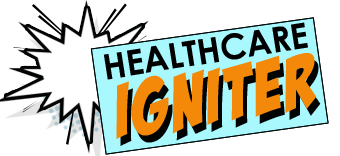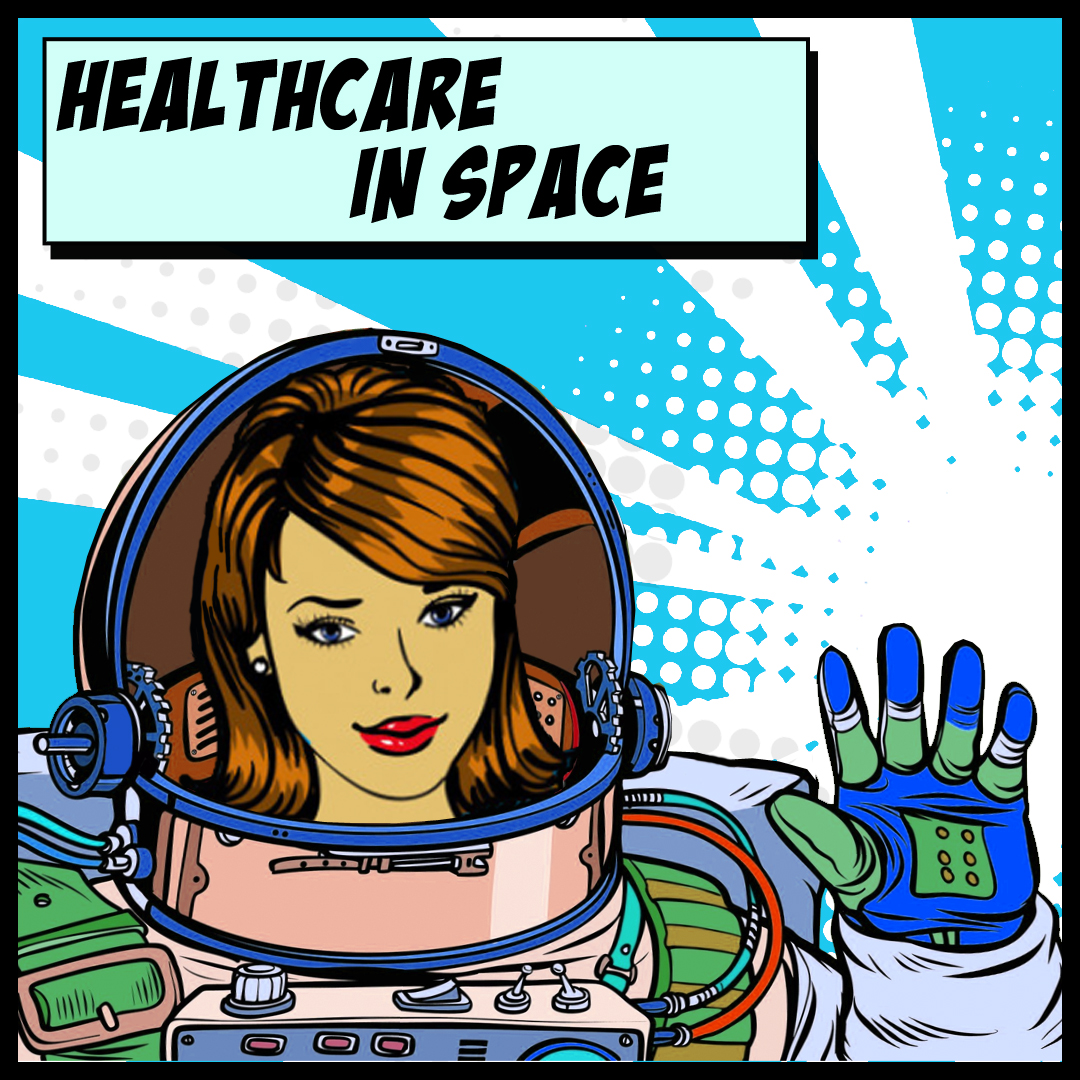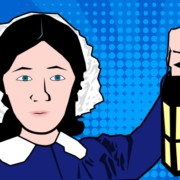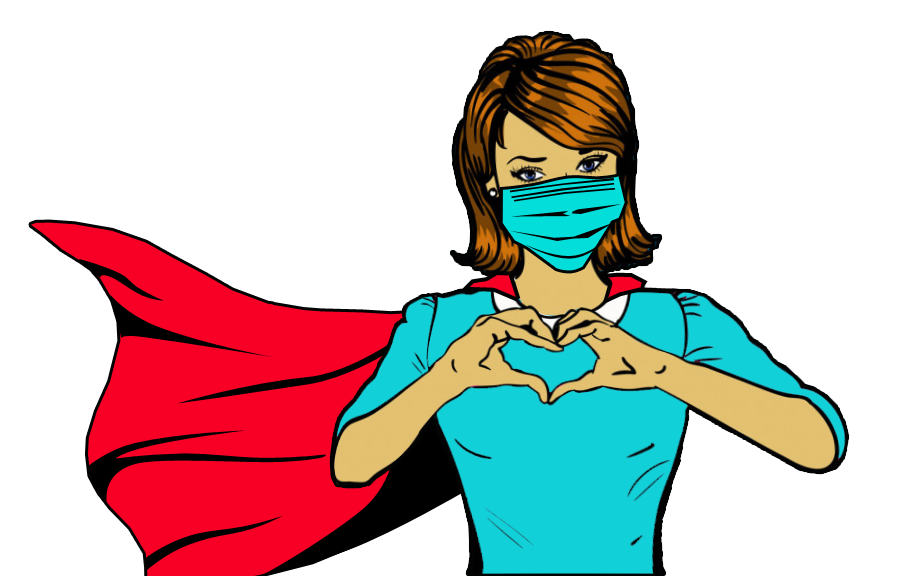Space Medicine
How do astronauts keep safe and healthy during long trips through the solar system? That was a question many of us were asking ourselves as we watched the Space X Falcon 9 launch on May 30th, 2020. This is the Dragon´s second mission from the Kennedy Space Center in Florida; onboard the Dragon spacecraft were astronauts Bob Behnken and Doug Hurley.
If you think about travel in general and how you feel once you get on a plane and travel from the east coast to the west coast, you begin to realize how difficult it must be to be in a space shuttle for an extended period. On a plane or driving for a long time, your muscles ache, you might suffer mild dehydration, your hands cramp, and your back hurts. Now imagine you are traveling through space. Not only will you experience the challenges you face during travel on earth, but you will also experience, low gravity, radiation exposure, and muscle cramping. Without any countermeasures, you could suffer muscle loss, weakening of the bones, gene mutation, to mention a few side effects.
The most prominent challenges astronauts have as they travel through space are staying fit and healthy physically and psychologically. The director of Space and Life Sciences at the Johnson Space Center, Dave Williams, stated that muscle atrophy and bone loss are the best-known alterations caused by space travel. However, there are many more, such as loss of blood volume, balance, proprioceptive, weakened immune system, radiation exposure, and slower wound healing.
Williams has stated that the best-known countermeasure recommended by space doctors is exercise, but there are several more. In the international space station, astronauts workout at least two hours a day. They utilize exercise bikes, treadmills, and a unique device developed for astronauts to accomplish strength training. Some medications help with bone loss, bisphosphonates. For radiation exposure, hydrogen works as a countermeasure. Frank Cucinotta, astronaut radiation health office and manager for Space Radiation Health Research at Johnson Space Center, states a shield cannot be made out of pure hydrogen, however, materials with high hydrogen content like polyethylene work well. The challenge with this is that it only blocks 30-35% of radiation. Medication is necessary to prevent radiation damage. Antioxidants help in absorbing radiation produced particles before they do harm. NASA scientists are also looking at ways to help the body once the damage is done by studying the cell division cycle. When cells divide, they stop to see to check the genes and detect errors. With pharmaceuticals that can lengthen the cycle, it can be possible for cells to identify if any kind of damage has been done, and it can then destroy or repair itself.
Even with these countermeasures in place, there is another component of health in space, that is the treatment of disease. During long missions, a medical problem could come up. If this occurs, and even if a medically prepared astronaut was part of the mission, there is a possibility they would have to treat themselves for any illness or accident that might happen with tools and medications they bring on the mission. Space doctors have the medical technology to perform small surgeries, diagnose, and treat illness. Some solutions that currently exist are robots with smart medical systems and telemedicine. The latter has become very popular during the Covid-19 pandemic.
Jim Logan, who is the Johnson Space Center’s manager for the Medical Informatics and Health Care Systems, states that an external defibrillator is an excellent example of a smart medical system. The defibrillator can decide where it has been set up correctly and whether a patient needs to be defibrillated.
Space health is the next frontier as we see a recharged interest in exploration. The upcoming years will be crucial in developing new ways to stay healthy in space, so missions can be longer and safer.



